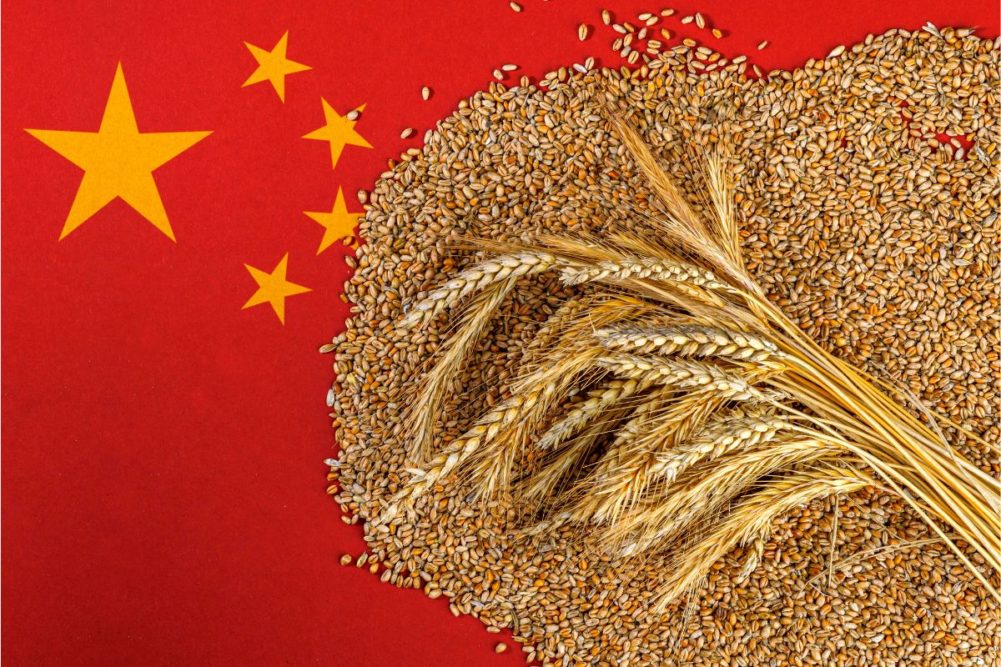Chinese authorities plan to restrict feed imports to support local farmers

Chinese authorities have called on their largest importers to reduce purchases of grain, especially barley and sorghum, as large supplies and lower-than-expected demand put pressure on domestic prices and make it difficult to support local farmers. Amid forecasts of a record harvest, this will be the last attempt to reduce oversupply and stabilize domestic prices.
China is the world’s largest importer of barley and sorghum, so any supply restrictions will hurt major exporters such as the US and Australia. Recently, the country’s authorities have called for a reduction in corn imports as local supply has increased.
The country’s economy is gradually slowing down, so the government is tightening import controls to reduce the impact of global price fluctuations on its own processors and consumers. The new restrictions will not apply to already booked barley and sorghum shipments that will be delivered to the country in October-November, but will affect subsequent shipments.
China imports barley and sorghum to replace corn in feed for large livestock, and makes beer from high-quality barley. The government regulates wheat and corn imports through a system of annual tariff quotas, but there are no official quotas for barley and sorghum.
Prices for corn, sorghum and barley in the country approached a 3-year low, and corn stocks in southern ports reached a 2-year high. In 7 months of 2024, the import of sorghum almost doubled compared to the same period last year and reached 5.21 mln tons, more than 80% of which were supplied from the USA. Barley imports increased by 67%, most of which was purchased in Australia after China lifted the supply restrictions.
Write to us
Our manager will contact you soon



